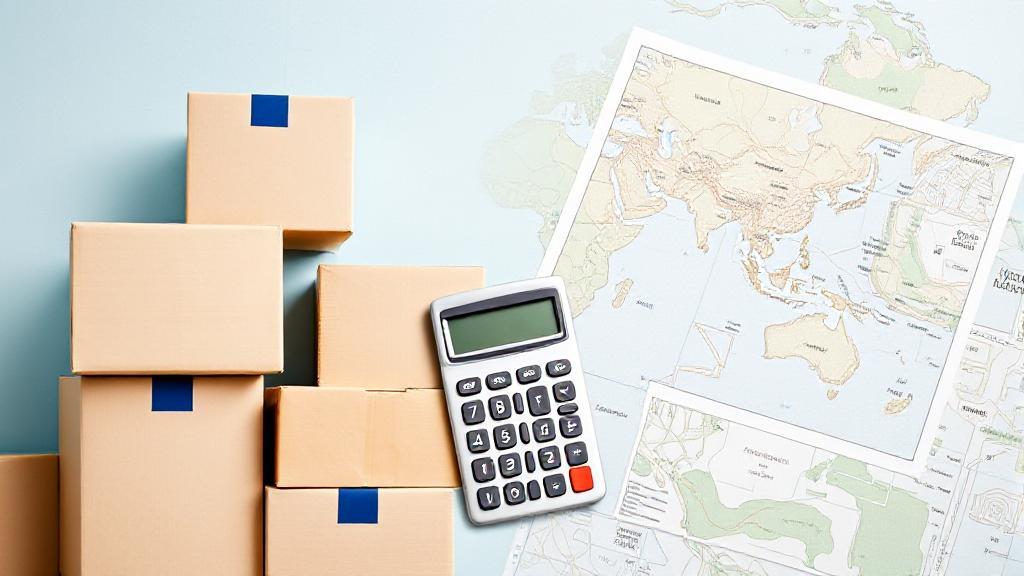Pre-Move Expenses
Research and Planning
- Travel Costs for House Hunting: Airfare, car rentals, and accommodation for visiting potential new locations
- Time Off Work: Consider any unpaid leave needed for planning and executing your move
Home Selling and Buying
- Real Estate Agent Fees: Typically 5-6% of the home's sale price
- Closing Costs: 2-5% of purchase price, including appraisals, inspections, and title insurance
Transportation Costs
Moving Company vs. DIY
Professional moving companies charge based on:
- Distance of the move
- Weight of belongings
- Time of year
- Additional services required
Local moves typically cost $80-100 per hour for two movers, while long-distance moves range from $2,000-8,000.
Rental Trucks
DIY options through U-Haul or Penske:
- Small trucks (10-14 ft): $20-30 per day plus mileage
- Medium trucks (17-20 ft): $30-40 per day plus mileage
- Large trucks (24-26 ft): $40-50 per day plus mileage
Remember to factor in fuel costs, especially for larger trucks.
Packing and Storage
Packing Materials
Storage Costs
Monthly storage rates:
- 5x5 unit: $40-50
- 10x10 unit: $80-100
- 10x20 unit: $150-200
Visit Sparefoot to compare storage unit prices.
Hidden Costs
Utilities and Deposits
- Security deposits
- First/last month's rent
- Utility connection fees
- Cable/internet installation
Additional Expenses
Specialty Items
- Pet relocation costs
- Vehicle shipping fees
- Storage fees during gaps between moves
- Special packing materials for fragile items
Cost-Saving Tips
Timing Considerations
- Book during off-peak seasons (October-April) to save 20-30%
- Moving mid-week can be cheaper than weekends
- Compare quotes from multiple moving companies
Declutter and Organize
- Reduce moving costs by selling or donating unnecessary items
- Use platforms like Facebook Marketplace or Craigslist
- Source free boxes from local stores
Post-Move Expenses
Setting Up Your New Home
- New furniture
- Home improvements
- Address changes
- Vehicle registration
- Driver's license updates
Utility Setup
- Deposits and connection fees
- Service transfer charges
- New account setup costs
Financial Planning
Emergency Fund
Maintain an emergency fund of 10-15% above your estimated moving budget for unexpected expenses.
Tax Considerations
Save all receipts as moving expenses may be tax-deductible in some cases. Consult the IRS website for current regulations.
For more detailed advice, visit Moving.com or U.S. News & World Report's Moving Guide.
